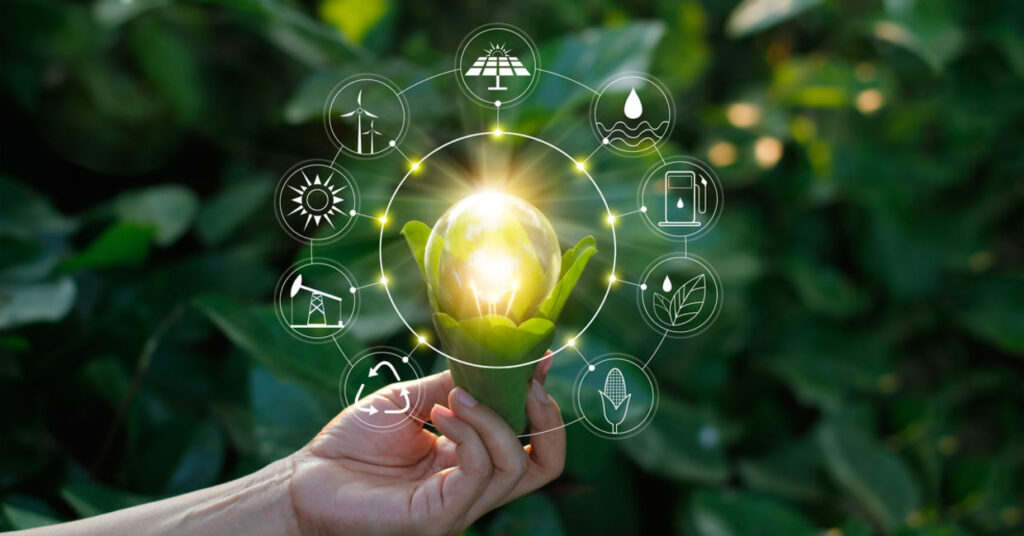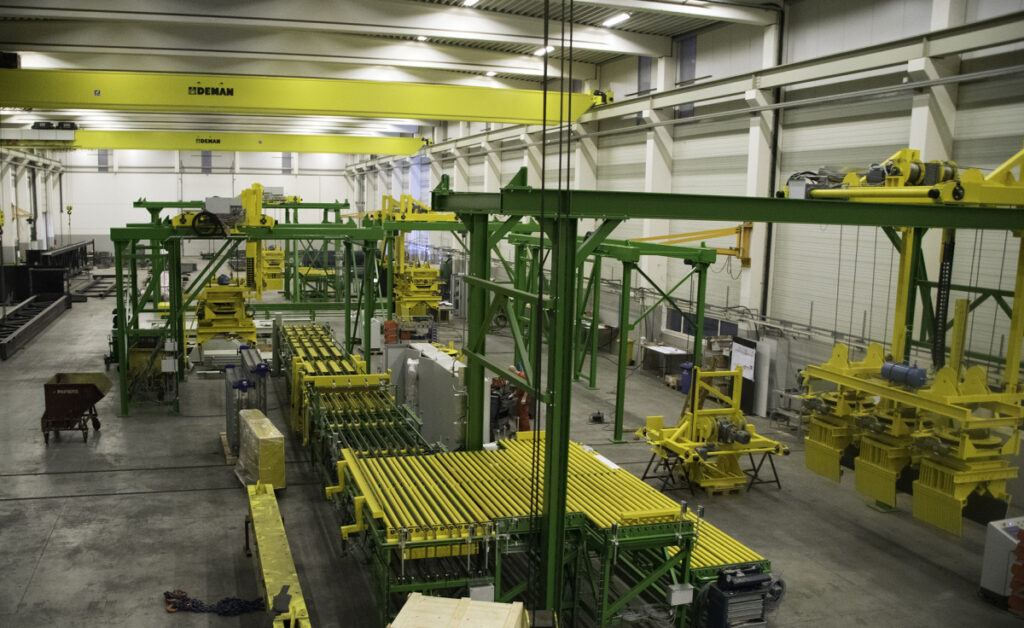Climate change and global warming have been hot topics for many years. You can hear people discussing it on the street or read the endless correspondence on various online platforms. Considering that an increasing number of people are becoming aware that changes must be made in order to protect the environment, it is not surprising that this is also becoming the case with plants and machinery. Their main goal is to do their business to reduce harmful impact on the environment and the planet earth in general. This could be a big step forward, given that plants are huge polluters and changes in the way of production and business, in general, could significantly contribute to reducing further collapse of nature. Below you can read more about how factories and machinery will go green in the future.
What is green technology and why is it important?
You may have heard of green or eco-technology, but it was not entirely clear to you what that meant. Green technology refers to the use of different methods, materials, and approaches that can be applied to almost any area, in order to protect the environment. The goal is to find approaches in every branch of industry, but also in the daily life of every individual, that will prevent unfavorable global changes that have been happening for a long time and represent a great danger. It is important for each of us to be aware that this planet is our only home. It is necessary that we all take care of its protection so that we can live carefree, but also create a beautiful place to live for future generations.
Some of the biggest problems our planet is facing are global warming, deforestation, pollution, energy shortages… the list goes on. Plants and machinery significantly contribute to the increase of these adverse events, but in the past few years, they have shown increasing interest in the application of green technology and the reduction of the negative impact on the environment.
How will plants and machinery go green in the future?
1. Finding an alternative to fossil fuels

Fossil fuels have been the most common type of fuel used for decades, but this is a big problem and it is necessary to find green alternatives. The use of fossil fuels in plants and machinery contributes greatly to the carbon footprint, which is a huge source of pollution and a threat to the environment due to its contribution to global warming. Because of this, an increasing number of factories are joining the green decarbonization movement and trying to find alternative ways to obtain energy. The goal is to reduce carbonation during production, logistics, and other processes. Fortunately, this is becoming more and more feasible due to the different options available nowadays.
The use of batteries as renewable energy sources is becoming more and more prevalent, as it is a great way to reduce the use of fossil fuels in plants and machinery. For example, this machine also comes as 100% electrically powered and is already in production today. It is no longer so complex to use renewable energy sources. It only takes a little willpower and commitment, and in the long run, it contributes greatly to decarbonization, reducing global warming, and protecting nature.
In addition to battery-powered solutions, there is also hydrogen fuel cell technology for machinery requiring more power. Using hydrogen as an alternative fuel is another phenomenal, green way to get energy and achieve the work of plants and machines without collapsing the planet earth. Batteries and hydrogen have huge potential, and the more companies become aware of that, the sooner we will be able to help nature.
2. Recycling

Recycling is always a good idea. Accumulation of waste due to the work of plants and machinery contributes to the pollution of nature, and it is something that, with the right approach, is completely solvable. Of course, there is waste that poses a threat to health and it is not possible to recycle it, but what about everything else? There are so many materials that can be reused to prevent landfill growth, reduce the use of limited resources such as wood and water, increase jobs, and more. Paper, metal, plastic, glass and other materials should be recycled whenever possible, as this can play a very important role in preserving the planet in the long run. And this is another green approach many plants will be going for in the future.
3. Education about green technology

In order for plants and machinery to go green, constant education about eco-technology is necessary. The first step in changing certain harmful habits is to change the mindset on that topic. And this is exactly what is necessary for the industrial sector as well. The goal is to raise awareness of why it is important to choose sustainable options, but also what is the best way to implement them. It is not easy to change all your materials and processes and become a completely eco-friendly plant, but with the constant education of all employees and adequate action, things can change significantly in the long run.
4. Choosing partners that choose green

Another way in which plants and machinery will go green in the future is through cooperation with eco-friendly partners. When changing the way you do business, it is essential that you have partners who support your changes. All raw materials should come from green factories that care about nature conservation and choose sustainable resources. This approach is very important, because it allows a certain company to be completely eco-friendly and not only does it choose green, but it also prefers partners who go green.
Conclusion
Climate change over the years is becoming a growing problem, and it is essential that each of us engage in order to make things change for the better. Global warming, deforestation, nature pollution, and the growth of the urban environment are just some of the problems that our planet faces. Plants and machinery (and the industrial sector in general) contribute significantly to these problems, so more and more companies are choosing to go green. Finding alternative fuels, recycling, changing mindsets and working with green partners are just some of the ways in which plants and machinery will become eco-friendly in the future and change the way they affect nature.

